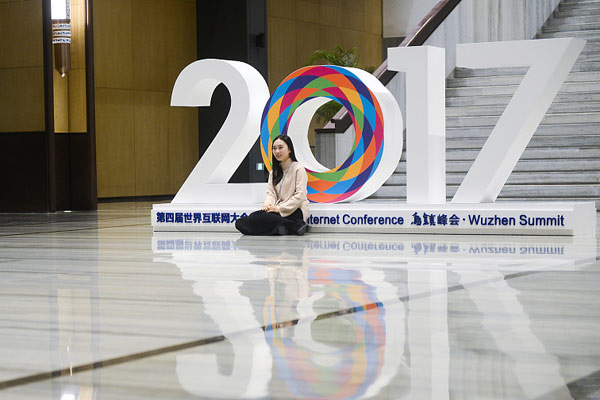

BEIJING -- For Chu Jing, skyrocketing prices are making it harder and harder to buy a house in Beijing, although her dream of owning home here has never diminished since she graduated from university last year.
"House prices are already so high; it's unimaginable for me to spend my parents' life savings and the lion's share of my salary on a small house," says Chu, a media professional, who lives in a cramped rented room near Beijing West Railway Station.
"But what if prices continue to rise?" she wonders.
Chu is not alone in finding herself in such a quandary. While many ordinary Chinese feel they have almost been priced out of the property market, they fear houses may be out of their reach forever if they miss the chance to buy now.
Driven by rapid urbanization and speculation, China's property market has taken off in recent years, especially after the economic stimulus policies the government issued in 2009 to help weather the global financial crisis.
Although theoretical economics tells us that prices are ultimately determined by market supply and demand, multiple factors are at play in China to make the sector more complicated and unpredictable.
The traditional Chinese mindset of viewing home ownership as a precondition for forming a family guaranteed that demand in cities such as Beijing and Shanghai, which attract thousands of newcomers each year, would keep climbing.
With other investment channels such as the stock market proving disappointing, houses in those cities have become a popular investment choice for the country's wealthy, further squeezing the already tight supplies.
In addition, the country's flawed income distribution system, heavily skewed in favor of the few powerful and wealthy, put home ownership at the elite's fingertips but made it a luxury for the majority.
Over the years, in response to growing public complaints, the central government has tried to rein in prices by creating purchase restrictions and experimenting with property taxes, resulting in short-lived cooling of the market. But after a while, the prices are almost certain to rebound, with greater speed.
In a 70-city survey, a total of 66 cities posted price increases in August compared with 62 in July, when the average price rose by 6.7 percent.
Growth rates in first-tier cities like Beijing, Shanghai, Guangzhou and Shenzhen were significantly higher than second- and third-tier cities. New home prices in the first-tier cities rose by 18 to 20 percent year on year, more than double the national average.
 4th World Internet Conference concludes
4th World Internet Conference concludes
 Starbucks Reserve Roastery set to open in Shanghai
Starbucks Reserve Roastery set to open in Shanghai
 Smile to get discounts in Tmall's unmanned supermart
Smile to get discounts in Tmall's unmanned supermart
 Top 10 richest Chinese women in 2017
Top 10 richest Chinese women in 2017
 World leading internet sci-tech achievements released in Wuzhen
World leading internet sci-tech achievements released in Wuzhen
 Top tech CEOs take to the stage as Wuzhen Summit opens
Top tech CEOs take to the stage as Wuzhen Summit opens
 Major topics at 4th World Internet Conference
Major topics at 4th World Internet Conference
 'Made in China' dinosaurs amuse the world
'Made in China' dinosaurs amuse the world